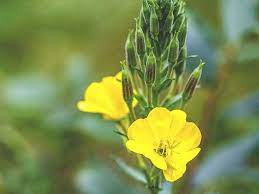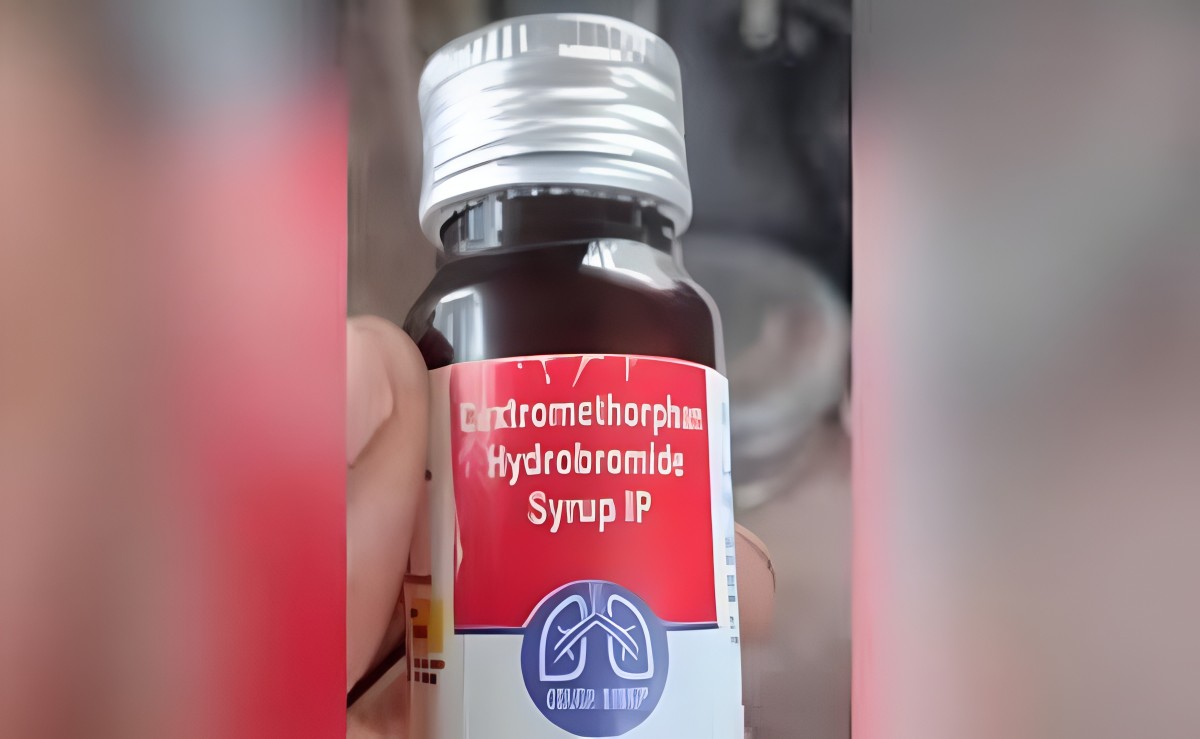Nature’s Most Powerful Medicinal Plants
In fact, at the beginning of the 21st century, 11 percentTrusted Source of the 252 drugs considered “basic and essential” by the World Health Organization were “exclusively of flowering plants origin.” Drugs like codeine, quinine, and morphine all contain plant-derived ingredients.
While these manufactured drugs have certainly become paramount in our lives, it can be comforting to know that the power of nature is on our side, and these herbal choices are available to complement our health practices. These alternatives aren’t cure-alls, and they aren’t perfect. Many carry the same risks and side effects as manufactured medicines.
Gingko

As one of the oldest tree species. Gingko is also one of the oldest homeopathic plants and a key herb in Chinese medicine. The leaves are used to create capsules, tablets, and extracts, and when dried, can be consumed as a tea.
It’s perhaps best-known for its ability to boost brain health. Studies say that gingko can treat patients with mild to moderate dementiaTrusted Source, and can slow cognition decline in dementia and Alzheimer’s disease.
Recent research is looking into a component that can help diabetes, and there continue to be more studies, including an animal study that says it might influence bone healing.
Turmeric

With its brilliant orange hue, it’s impossible to miss a bottle of turmeric sitting on a spice shelf. Originating in India, turmeric is believed to have anticancer properties and can prevent DNA mutations.
As an anti-inflammatory. It can be taken as a supplement. It’s been used topically for people with arthritis who wish to relieve discomfort. It’s used worldwide as a cooking ingredient, which makes it a delicious, antioxidant-richTrusted Source addition to many dishes.
According to recent research, turmeric is also showing promise as a treatment for a variety of dermatologic diseases and joint arthritisTrusted Source.
Evening primrose oil

The vibrant yellow evening primrose flower produces an oil. Studies that are available on this oil tend to be all over the map. But there are studies that are stronger than others. For example, some studies have found that evening primrose oil has anti-inflammatory properties. It’s been known to help with conditions such as atopic dermatitis and diabetic neuropathyTrusted Source. It can also help with other health concerns, such as breast pain.
Recent research points to improving the quality of life for patients with multiple sclerosisTrusted Source, changing hormones and insulin sensitivity in those dealing with polycystic ovary syndrome, and using it topically to improve mild dermatitis.











